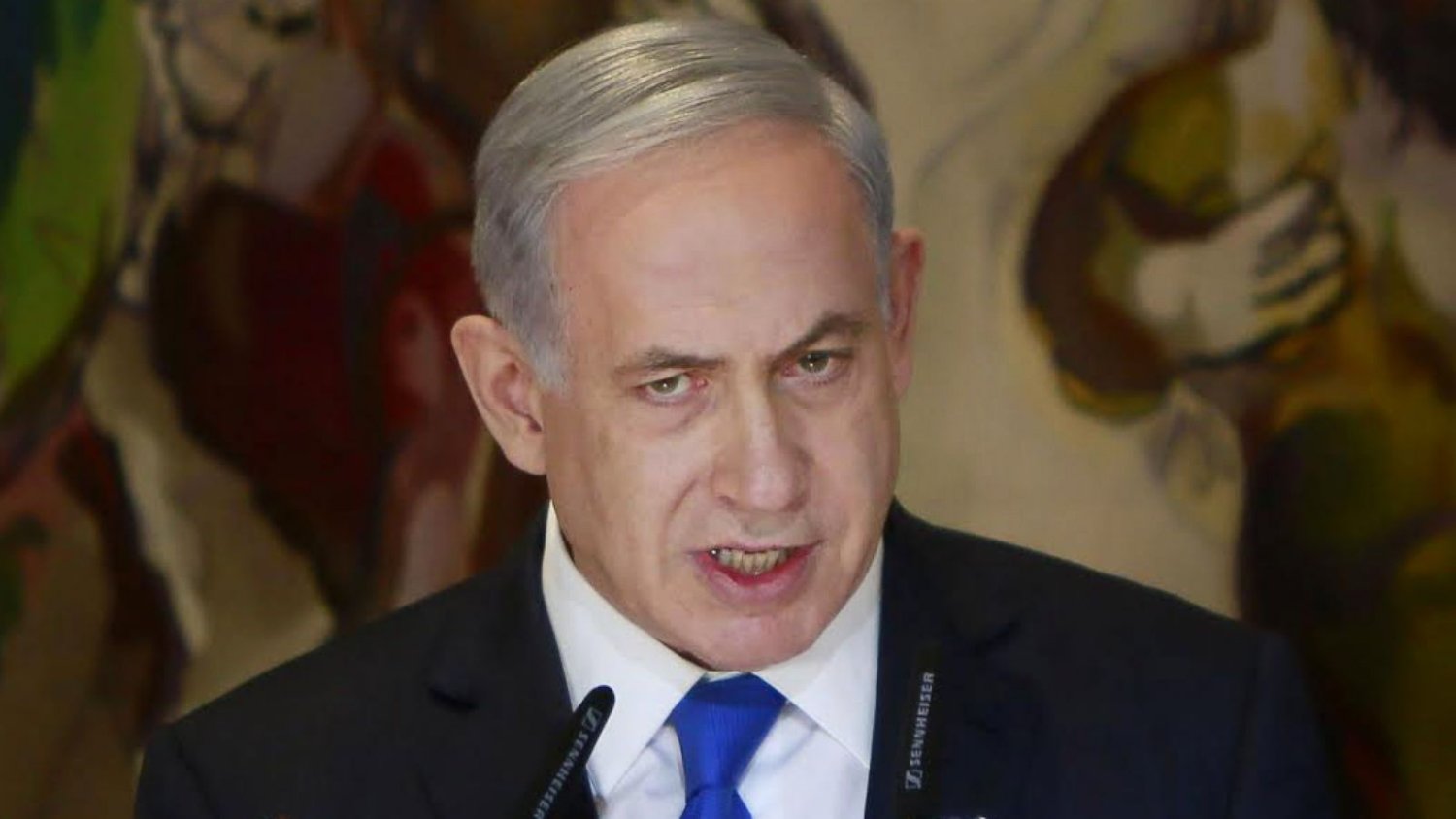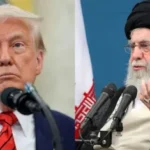
Israeli Prime Minister Benjamin Netanyahu confirmed his intention to launch a Operation for the total occupation of Gazaa significant escalation in the conflict that began in October 2023 and that already left more than 60.000 muertos In the Palestinian enclave. The decision, not yet ratified by the security cabinet, unleashed strong tensions within the government itself, the armed forces and sectors of Israeli society, In addition to reviving international criticism for the genocidal character of the offensive and the use of hunger as a gun.
According to Israeli and international media reports, Netanyahu notified its closest circle that the offensive was a decision made and that the only form of Definitely defeat Hamas is taking total control of the entire Gaza Stripincluding areas where Israeli hostages could still be found. The key meeting of the security cabinet, scheduled for this week, was postponed After knowing internal resistance to the plan.
In particular, the Chief of the General Staff, Lieutenant General Eyal Zamir, would have expressed concern about the impact of the operation on hostages and the wear of the troops after more than a year of fighting. According to the medium Middle East MonitorNetanyahu would even have threatened Zamir with his dismissal if he does not comply with the order.
The plan has the support of the most ultranational and religious sectors of the government coalition, such as National Security Minister Itamar Ben-Gvir, who in the past asked to completely close food, water and medicines to Gaza. On the other hand, figures such as Defense Minister Yoav Gallant and other members of Likud, the Netanyahu party, maintain reservations, fearing a loss of international legitimacy and long -term strategic consequences.
From the opposition, leaders such as Yair Lapid and former general Yair Golan accuse the prime minister of prioritize his political survival on the security of Israel and the well -being of civilians and hostages.
The Gaza Strip faces a critical humanitarian situation. More than 60,000 people died since the beginning of the Israeli offensive, including tens of thousands of women and children, according to the Gazatí Ministry of Health. To this is added a devastating food crisisat least 188 confirmed hunger deathsin a context where access to humanitarian aid is strictly controlled or directly blocked by Israel.
Organizations such as the UN, the World Food and NGO program as doctors without borders denounced that Israel’s Zionist State is using Hunger as a war methoda practice that contravenes international humanitarian law. The Norwegian Council for Refugees and the International Red Cross Committee qualify the conditions in Gaza as “inhumanly and deliberately designed to break the civilian population.”
Beyond external criticism, in Israel also The voices against the offensive are multiplied. Former Army and Intelligence Chiefs, such as Ehud Barak and Tamir Pardo, warned that a prolonged occupation of Gaza could result in a war of wear impossible to sustain, both politically and morally.
Israeli Human Rights Groups, such as B zelem and Breaking The Silence, denounce that the government is taking the country to a spiral of international violence and isolation. “There is no possible victory when the price is the total destruction of a civilian population,” he recently wrote in Israelí Haaretz A former Shin Bet officer, the internal intelligence service.
The judicial context of Netanyahu adds another layer of complexity. In 2024, the International Criminal Court issued an arrest warrant against him for alleged war crimes and crimes against humanity, including the use of hunger as a weapon. To this is added his judgment for corruption within Israel, which has caused multiple protests and growing social pressure.
Recently, the Government approved a controversial reform that dismissed Attorney General Gali Baharav-Miarawho supervised the judicial case against the prime minister. The measure was read by analysts and media as part of a maneuver to shield Netyahu legally and politically, relying on the most radical sectors of their coalition.
For Israeli and international analysts, the total offensive on Gaza cannot be separated from personal and political interests of the Prime Minister. Under legal pressure, with a divided coalition and surveys that show a strong popular rejection, Netanyahu seems to bet on a blunt military victory as the only way to sustain its power.
But as humanitarian warnings, internal divisions and global outrage increase, the price of that bet becomes increasingly high – both for Israel as for the population of Gaza.
Source: www.laizquierdadiario.com

